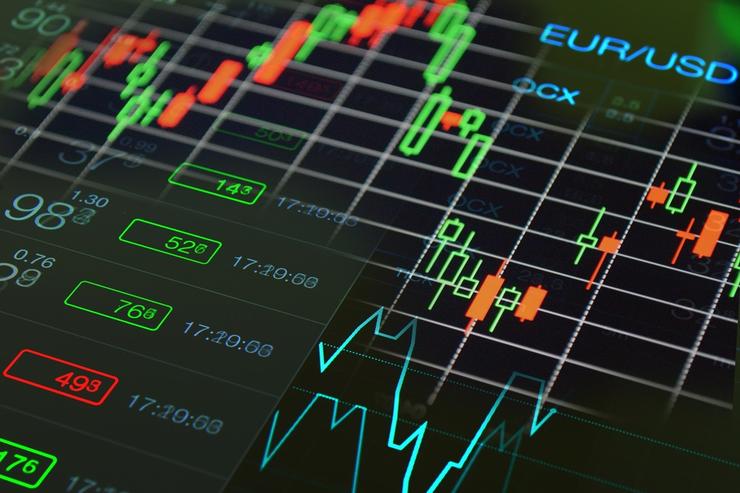Elevating your business trip experience often involves more than just managing meetings and schedules; it also means taking care of your well-being amidst the travel chaos. One highly effective way to enhance your trip is by incorporating relaxing massage therapy, which offers profound stress relief and overall comfort. As business professionals face the strains of long flights, time zone changes, and high-pressure environments, massage therapy emerges as a valuable ally in maintaining both physical and mental wellness. The benefits of integrating massage therapy into your business trip are multifaceted. Physically, extended periods of sitting and traveling can lead to muscle stiffness, back pain, and poor circulation. A well-targeted massage session can provide significant relief by addressing these issues directly. It works by loosening tight muscles, enhancing blood flow, and restoring flexibility. This physical comfort allows you to feel more at ease and focused, enabling you to engage more effectively in meetings and other professional activities without the nagging discomfort that can distract from your performance.
On a mental level, 서울 출장홈타이 massage therapy offers remarkable stress-relief benefits. Business trips often come with a heavy load of responsibilities, tight deadlines, and the constant pressure to perform at a high level. Massage helps manage this stress by activating the parasympathetic nervous system, which reduces the production of stress hormones like cortisol and stimulates the release of endorphins. These feel-good chemicals improve mood and foster relaxation, leading to a clearer mind and better decision-making. This mental clarity is crucial for navigating the complexities of business travel, from strategic planning to networking and negotiations. Additionally, massage therapy can be instrumental in alleviating the effects of jet lag, a common challenge for frequent travelers. Crossing multiple time zones disrupts your circadian rhythms, leading to fatigue and difficulty adjusting to a new time zone. Regular massages can aid in mitigating these effects by promoting relaxation and improving sleep quality. This helps your body adapt more quickly, ensuring you remain energized and productive throughout your trip.
Incorporating massage into your travel routine also highlights the importance of self-care. By prioritizing your well-being, you set a positive example and support long-term health, preventing burnout and enhancing overall resilience. This proactive approach not only improves your immediate comfort but also contributes to sustained performance and job satisfaction. In conclusion, integrating relaxing massage therapy into your business trip can elevate your travel experience by providing essential stress relief and physical comfort. From easing muscle tension and managing stress to mitigating jet lag and promoting overall well-being, massage therapy is a valuable tool for maintaining peak performance and enjoying a more comfortable, productive trip. By making this simple yet effective addition to your travel routine, you can transform the way you handle the demands of business travel and return home feeling refreshed and accomplished.

